76 years have passed, of the 42 students of the first training class for Vietnamese revolutionary press cadres, there are now only two people left, including her - the youngest student, who is 95 years old this year.
She is Ly Thi Trung - a talented, pioneering female journalist who devoted her whole life to Vietnam's revolutionary journalism...

First footprints on the path of writing
On a hot day in early June, the sun was blazing hot, but the small house in the middle of a lush green garden in Bot Tep hamlet, Hien Ninh commune, Soc Son district, Hanoi was still cool and airy. This is her favorite house and her fourth son - People's Artist Vuong Duy Bien took care of every little corner to welcome her home since 2019. Her daughter, Vuong Thanh Binh, said that when she first moved here, she was still healthy, except for the times when she read newspapers and wrote, she was always busy sweeping the yard and weeding. But since the end of November last year, she had a stroke, so now she needs help with eating and walking. When she saw guests coming, she still sat quietly in her wheelchair, only following the story with affectionate eyes...
Writer and journalist Ly Thi Trung's real name is Nguyen Thi Minh Ngo. She was born in 1930 in a well-off civil servant family in An Thi, Hung Yen. At the age of 15, Ngo attended political classes, then the Kim Dong class to train cadres in charge of children. On National Resistance Day (December 19, 1946), Ngo escaped, did women's work, and joined the Women's Executive Committee of An Thi district. After escaping, she had to take a different name. Missing her mother, she used the name of her mother's hometown - Thi Trung village, Kinh Bac commune, Bac Ninh, as a pseudonym. Remembering her school days, the teacher had her students practice the poetic play Ly Chieu Hoang, because she loved this character so much, she took the surname Ly. That's how the pen name Ly Thi Trung was born.
Joining the National Salvation Propaganda Team, Ly Thi Trung wrote news about the activities of women in the communes, reflecting the patriotism of the people in contributing rice to support the army, sewing bags for the army to carry rice on their shoulders, helping the evacuated people and real stories in the villages to encourage the localities to follow. She also wrote the short story "Little Boy Binh". Therefore, in 1949, when the Viet Minh General Department decided to open a class to train revolutionary journalists, they informed the Central Women's Salvation Association to send people to study. Ms. Hoang Ngan - Secretary of the Central Women's Salvation Association, who had previously read the magazines of the Propaganda Team, sent a dispatch to the Hung Yen Provincial Women's Association specifically naming Ly Thi Trung to study...
Ms. Vuong Thanh Binh said: “Until now, my mother still keeps the letter of recommendation for Ms. Hoang Ngan's journalism class. That class marked many important events in her life, including her good relationship with my father, who was also a member of that journalism class. They had 5 children, my parents were very kind, never spoke harshly to their children. During the years of war and poverty, the 5 siblings encouraged each other to work and study...”.
Mr. Vuong Nhu Chiem, the husband of Mrs. Ly Thi Trung, passed away in 2001 at the age of 77. To commemorate the time when the couple met at the Huynh Thuc Khang Journalism School, she named her first son Vuong Hoc Bao. Later, Mr. Vuong Nhu Chiem became the Director of the Vietnam Fine Arts Museum, and Mr. Vuong Hoc Bao was an Associate Professor, Lecturer at the Vietnam University of Fine Arts, a famous sculptor with statues that have made a mark in the Vietnamese fine arts scene. Their third child is lawyer Vuong Trong The - former Deputy Head of the Hanoi Bar Association; the fourth child is People's Artist Vuong Duy Bien (former Deputy Minister of Culture, Sports and Tourism). The two daughters also pursue careers with artistic tendencies...
A durable, talented pen
Not only in the yearbooks of Hanoi Moi Newspaper, but many journalists of the previous generation also often mentioned the name of female reporter Ly Thi Trung of Thu Do Newspaper (the predecessor of today's Hanoi Moi Newspaper). Ms. Vuong Thanh Binh still remembers the days when her mother was a reporter for Thu Do Newspaper, she often went to Hoan Kiem Lake to play, and also remembers the afternoons waiting for her mother at the gate. Every time she cycled to work in the suburban districts of Gia Lam, Dong Anh or Soc Son, she left early in the morning and returned late in the evening...
Leaving her first journalism school, she continued to work in journalism throughout the resistance war and then the years of building the country. The characters of journalist Ly Thi Trung always shine with patriotism, enthusiasm for work and study, such as the example of Ms. Nguyen Thi Dinh (President of the Women's Association of Giang Bien Commune, Gia Lam District - now Long Bien District), whose husband was a soldier in the Southern battlefield. She stayed at home to work, attend high school, and take care of her mother-in-law and young children, and she was good at work and excellent at studying. When the article was published, Ms. Dinh was awarded the Badge of Uncle Ho...
Many of her articles have been selected for publication in major publications such as Nhan Dan Newspaper, Hanoi Moi, Vietnamese Women, Tien Phong, Women's Magazine, Literature and Arts Magazine... She once shared: "Writing for newspapers is not just to reflect, but to lead and move". In more than 60 years of journalism, she has written thousands of articles, most of which focus on social issues, gender equality, the role of women in the family and in society, protecting children's rights, fighting social evils and reflecting people's lives.
These characters were not only described realistically in the newspaper, but also became characters in novels, memoirs, short stories and poems through the writer's pen. From the images of women working in Hanoi, writer Ly Thi Trung wrote the memoir "From Dong Xuan Market", the novel "Color of the Blue Sky" (Hanoi Literature Award in 1982), the memoir "The Woman Selling Newspapers"... Ly Thi Trung also focused on exploiting the images of female heroes in the heroic history of the nation, from which the novel "The Leader's Wife" was written about the couple of patriotic scholar Luong Ngoc Quyen. Up to now, writer Ly Thi Trung has published 10 books (not counting reprinted works and dozens of poetry and prose collections printed together...). In particular, there are many new works she wrote since her retirement, such as the story collection "Nowhere like my home" (published in 1999, republished in 2000), the story collection "My wife" (published in 2013) and 3 poetry collections "Sunshine and flowers" (published in 1996), "Season of forgetting and remembering" (published in 2000), "Spring afternoon sunshine" (published in 2004)..., proving that her writing ability is always abundant and strong.
Writer and journalist Ly Thi Trung was also the one who carried out the direction of the President of the Hanoi Women's Union in organizing the publication of the Capital Women's Newspaper at the right time when the country was entering the Doi Moi period. The first issue was published on August 19, 1986, on the occasion of the 41st anniversary of the August Revolution, when she was 56 years old, which was already past the retirement age according to the State regime. After the Capital Women's Newspaper had an official publishing license, she continued to be assigned to be in charge of the Newspaper for many years after that...
On the occasion of the 100th anniversary of the Vietnamese Revolutionary Press, my colleagues and I returned to the Huynh Thuc Khang Journalism School. Standing silently in the spacious stilt house - where the footprints of the first revolutionary journalists have not faded with the shadow of time, the glorious past appears through each photo and artifact. Looking back at the 100-year journey of the country's revolutionary press, I think of pioneering journalists like Ms. Ly Thi Trung and many generations of revolutionary journalists, true journalists like those who spent their whole lives silently searching for light for others. So that the generations of journalists today and tomorrow can continue to light that light - persistently, silently, and never extinguished.
Source: https://hanoimoi.vn/nha-bao-ly-thi-trung-va-hanh-trinh-thap-len-anh-lua-706010.html













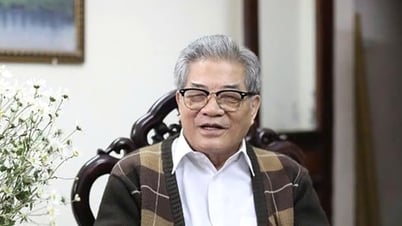






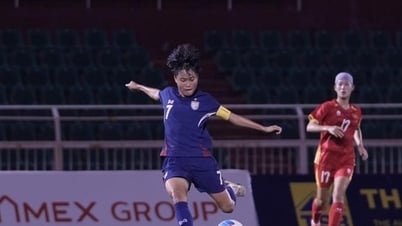


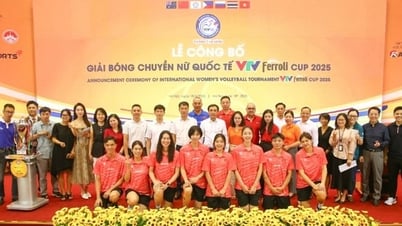


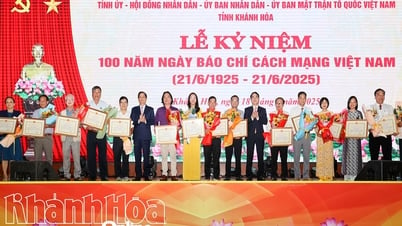






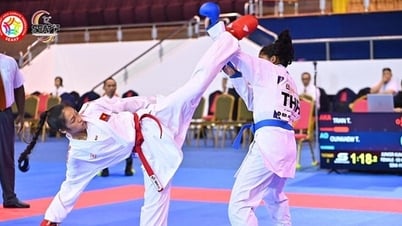
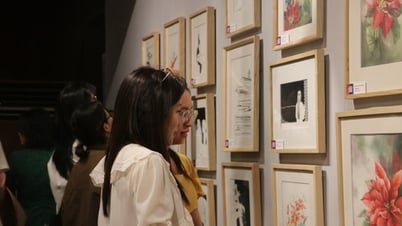
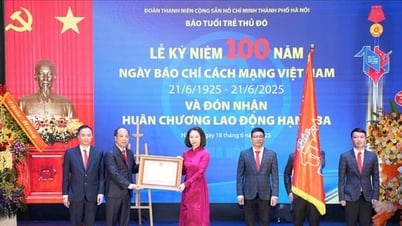
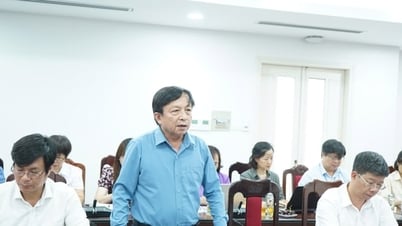


















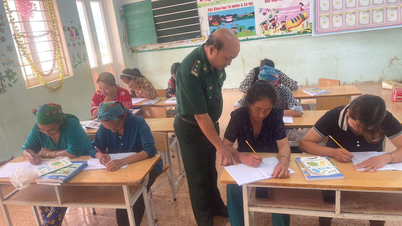




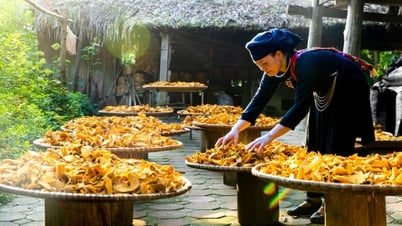


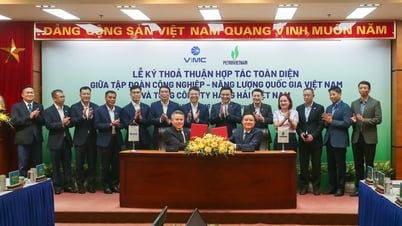

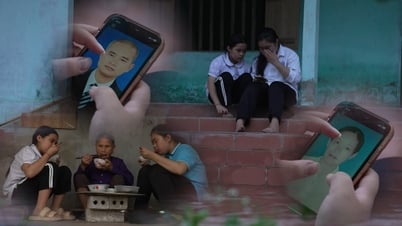



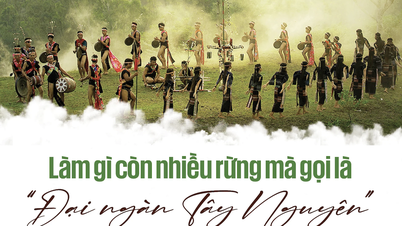

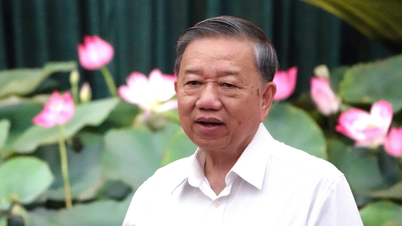
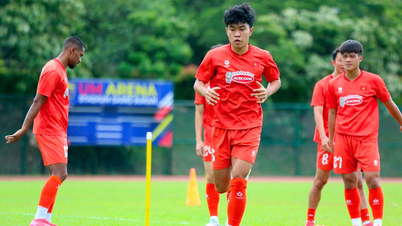










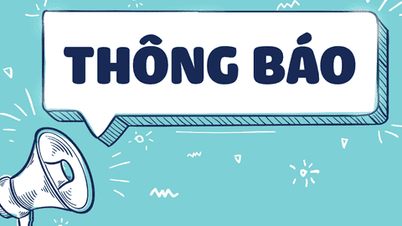





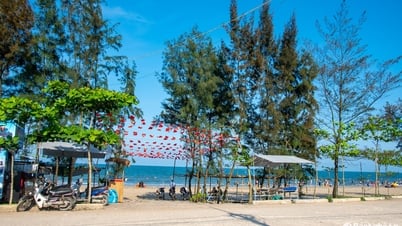












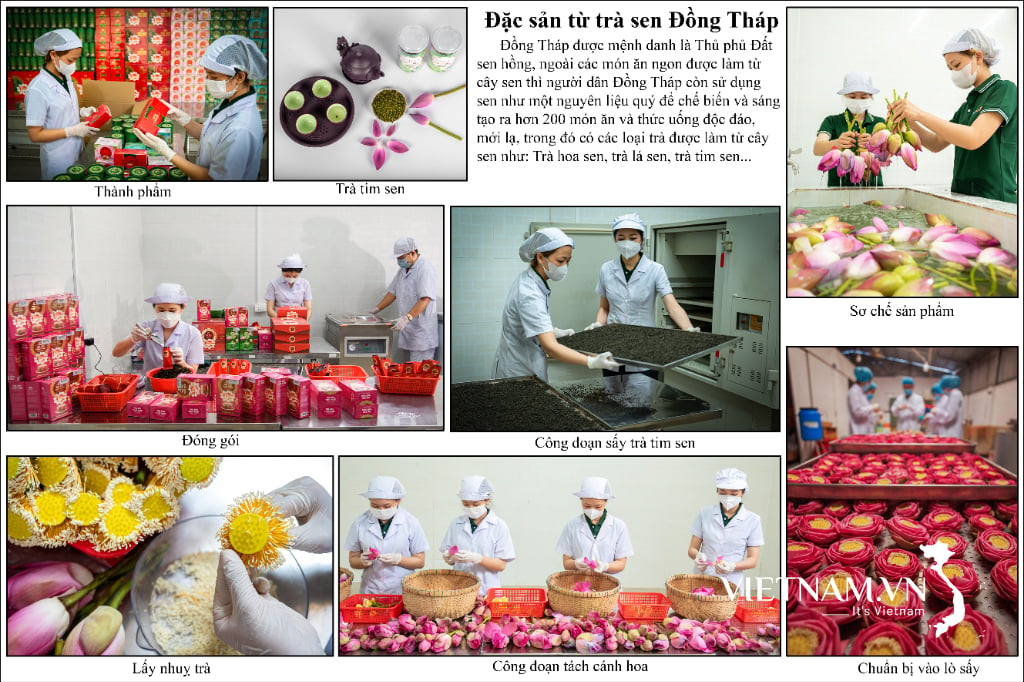
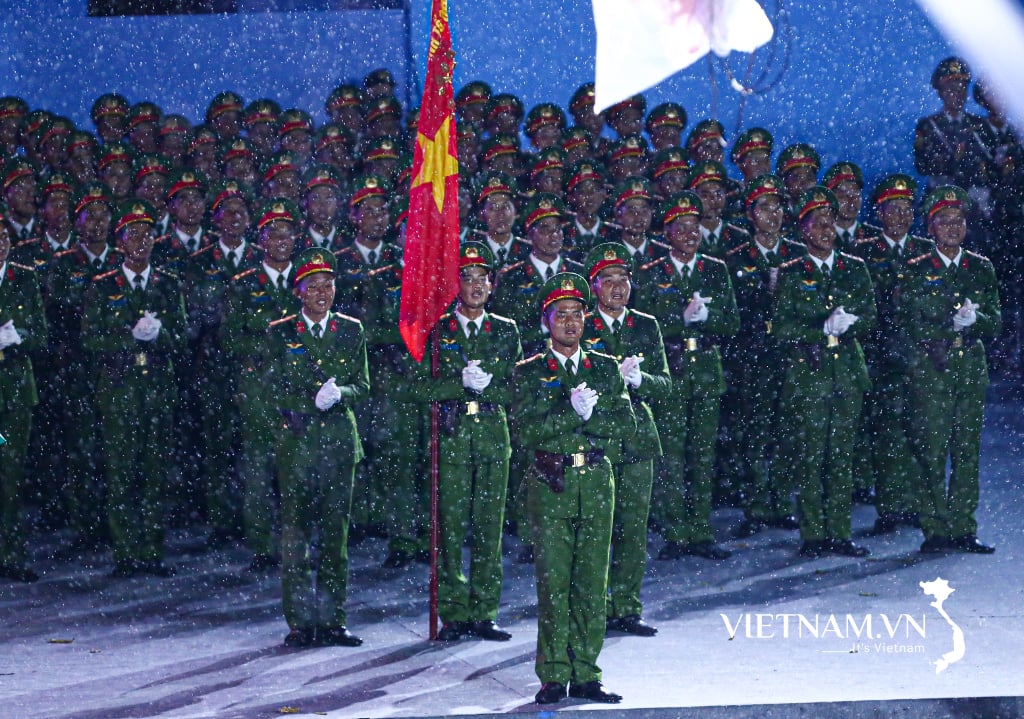
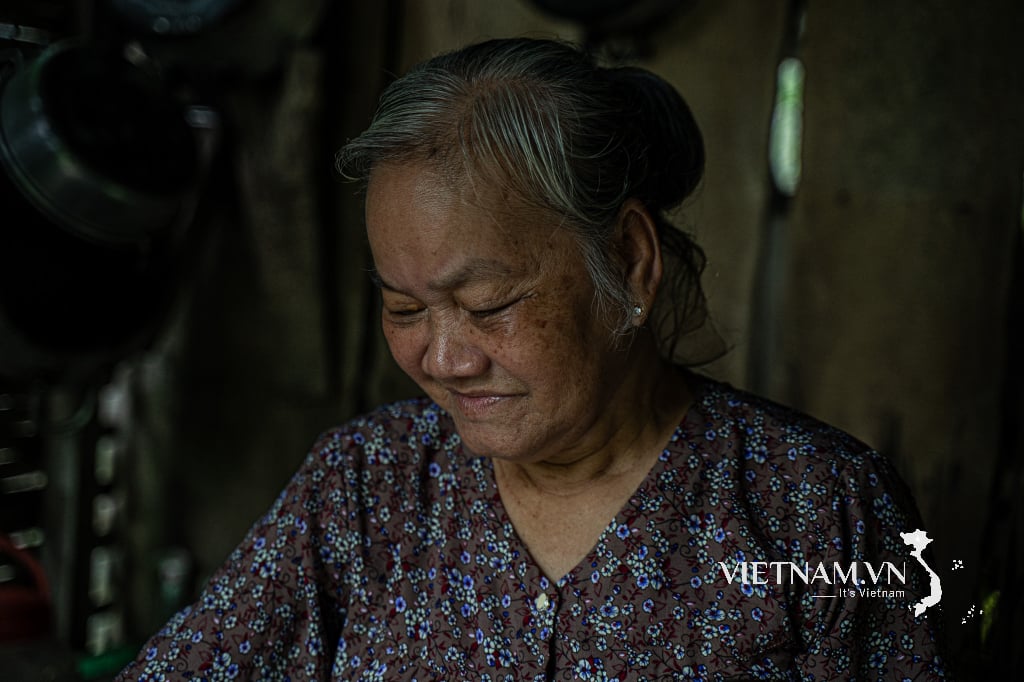

Comment (0)